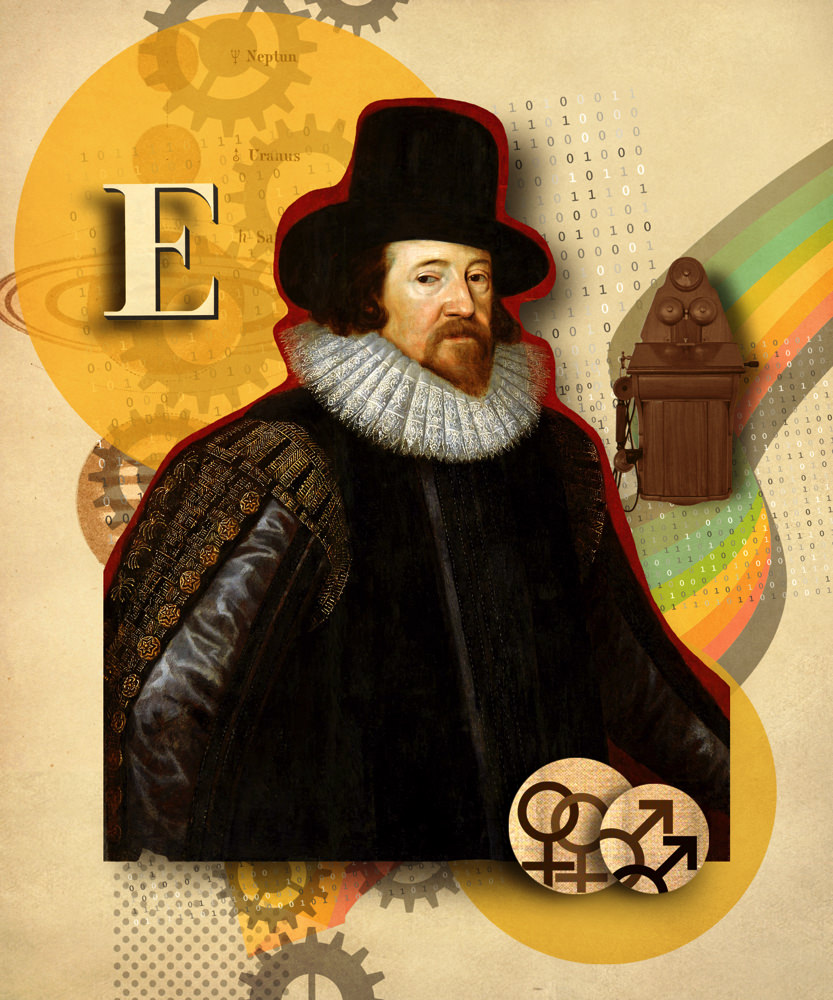

The ‘statistics’ he will cite are deliberately deceitful and he cheery picks what ‘facts’ he deems worthy of advancing his argument. He opens his book not by making any substantial claims but writing floridly and amusingly. It is important to recognize Pinker for what he is, a neo-sophist. Reason is, on this account, basically a utilitarian operative consciousness that allows us to more easily and more effectively seize what we want to bring pleasure to our bodies. Instead, what is ‘good’ is whatever is physically and economically beneficial i.e., that which doesn’t cause bodily harm. The modern school of reason which Pinker belongs to, which he slips up in exposing himself as belonging to, asserts that there is no moral good which could be rationally known.

Though Pinker may pithily protest he believes in such an objective moral reality, or what he calls “moral sentiments,” his ignorance of the history of philosophy and theology is so appalling it is important to remember his doctorate is not in fields of substantial historical knowledge or philosophical reasoning but in psychology. The second school, the modern tradition-the ‘Enlightenment’ tradition-which Pinker is himself apart of, does not believe this to be so.


Reason is, in the words of Saint Paul, that which allows us to know and conform to the moral law written onto all human hearts. As I’ve briefly written here, looking over the history of philosophy we find two primary usages of ‘reason’ and ‘rationalism.’ The classical tradition, advanced by the likes of the rationalist philosophers of antiquity and Christianity, maintain that reason is that which makes us like God because God is the source of Truth and it is human reason which allows humans to know the objective realities of the good and true and therefore live by that reality. “Opposing reason is, by definition, unreasonable.” Pinker’s book is filled with pithy phrases like this one which is meant to mystically capture the reader but provide no meaning to such statements. Notwithstanding his florid but unsubstantial rhetoric, Pinker’s book is the product of a juvenile academic who has become the poster boy of Liberalism’s historicist fantasies. In the midst of turbulent transformations and discontents, rather than try to understand the predicament of modernity and its possibility crisis brought forth by the very “Enlightenment” which Pinker subjectively, rosily, and merrily picked from, he doubled down on re-propagating the tired old myth of progress. Steven Pinker is the public face of contemporary neo-Whiggism. ~ Theodor Adorno and Max Horkheimer, Dialectic of Enlightenment, p. Myth is already enlightenment, and enlightenment reverts to mythology.


 0 kommentar(er)
0 kommentar(er)
